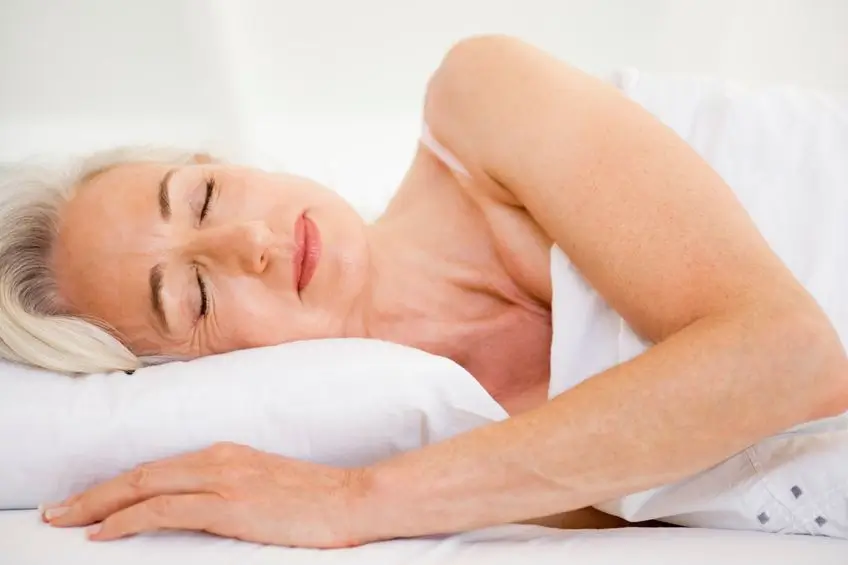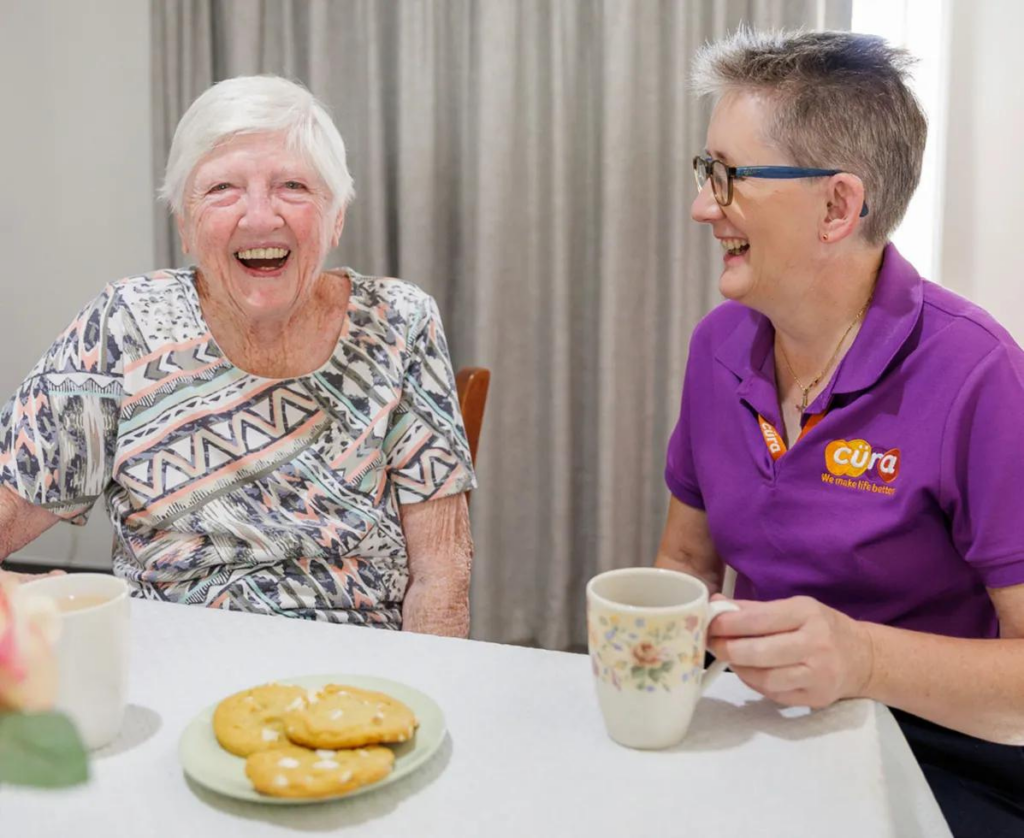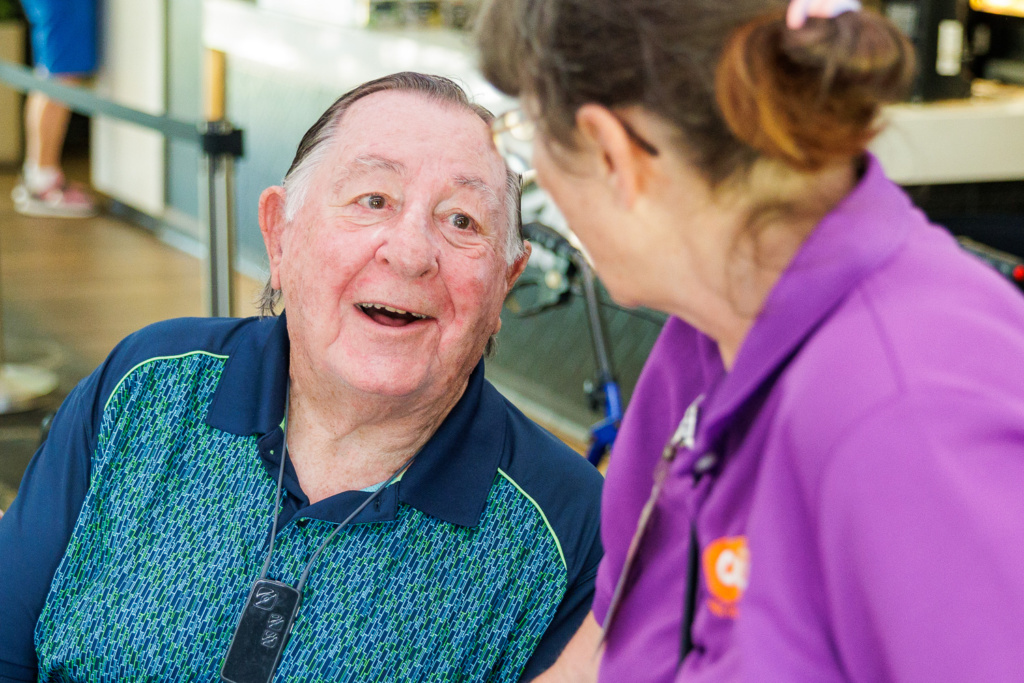The average person spends more than one third of their life asleep. However, our busy lifestyles, caffeine, alcohol, lack of exercise, stress and other factors have conditioned our bodies to stay awake.
So is there hope for the bleary-eyed? Here’s where to start:
- Set a seven days-a-week schedule: Go to bed at the same time every night and wake up at the same time naturally, including holidays. Choose a time that’s a minimum of eight hours before you need to wake up and follow it for one week straight. If you still feel tired you need an earlier bedtime (try just 15 to 30 minutes more). Once you can get up in the morning alarm-free and feel alert most of the day, you’ve hit it just right.
- Cut caffeine after 2pm: Most people feel tired late afternoon and feel the urge to have caffeine. It will definitely perk you up but it could linger long into the evening.
- Dim your devices: Banish all electronics from the bedroom at night. The artificial lights make it more difficult for the body to understand when it’s time to wind down. Turn off all screens, computers, iPads and so on, an hour before bed.
Don’t sleep in: The most important thing about establishing a healthy sleep pattern is to wake up on time. - Nap strategically: A mid-day snooze often helps in optimising alertness, productivity and creativity.
- Engage in physical activity: Physical activity is very important, people who exercise sleep better.
- Think about sleep before sleeping: It’s important to prepare for sleep with a few day-ending rituals. Engage in quieting activities that relax the body and quieten the mind.
- Don’t toss and turn. Can’t fall asleep? If you’ve been lying in bed awake for more than 20 minutes, get out of bed and try a relaxing activity like reading or listening to mellow music. Thinking about not sleeping will bring on even more anxiousness—it’s a vicious cycle.

















